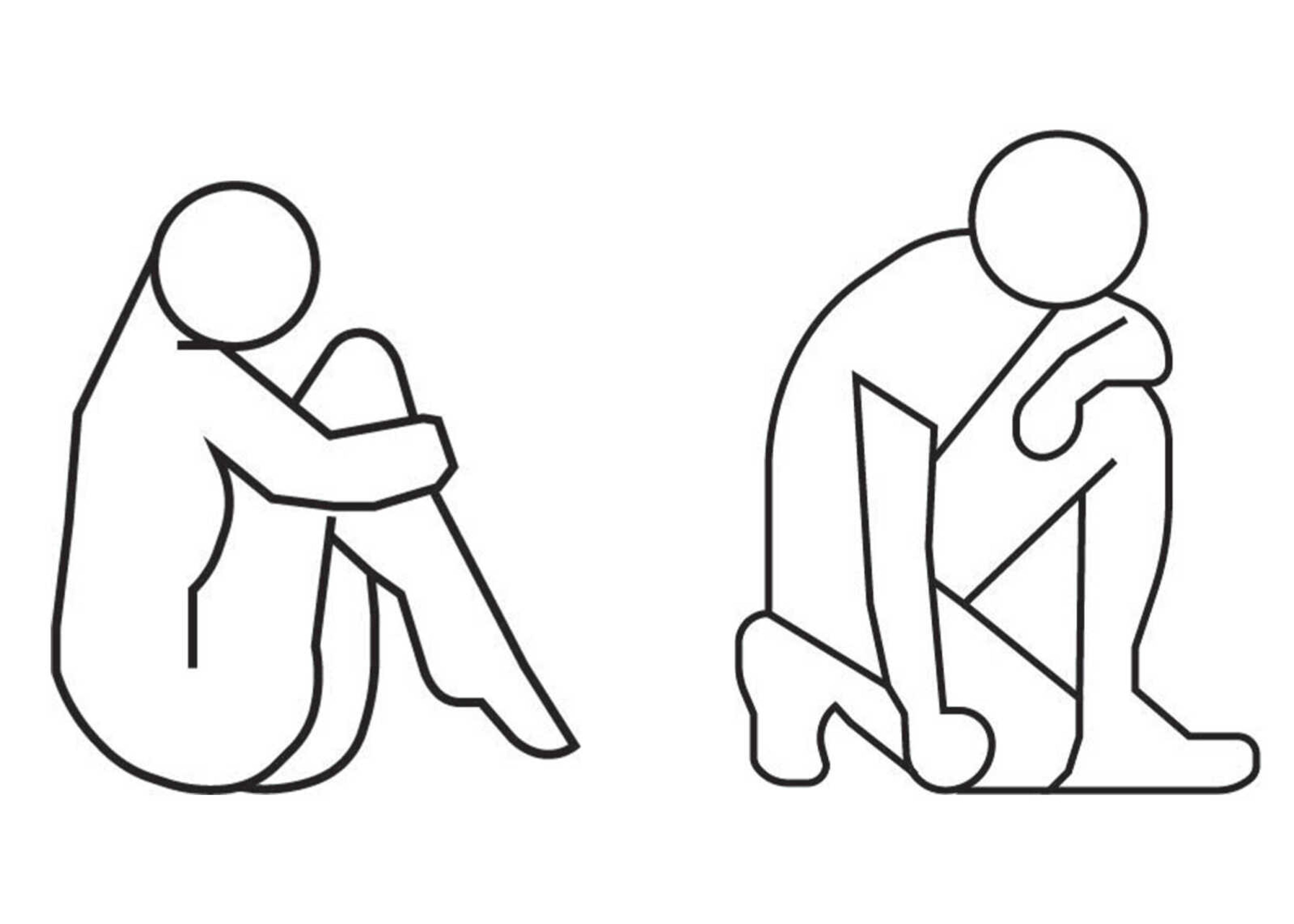Meet your support system at Southeast
New semester, new (less stressed) you. College life comes with opportunities for growth, learning and fun. Oftentimes, though, it can come with its own challenges: anxiety about deadlines, difficulty making friends and oh-so-busy schedules. Center for Behavioral Health and Accessibility director Millicent Odhiambo sat down with the Arrow to discuss mental health stressors in college — and how to deal...
New semester, new (less stressed) you.
College life comes with opportunities for growth, learning and fun. Oftentimes, though, it can come with its own challenges: anxiety about deadlines, difficulty making friends and oh-so-busy schedules.
Center for Behavioral Health and Accessibility director Millicent Odhiambo sat down with the Arrow to discuss mental health stressors in college — and how to deal.
What do you believe are some of the biggest mental health concerns college students face today?
We have seen over the past few years students struggling with anxiety, depression and, of course, freshmen students who have been struggling with adjusting to campus. Being away from home, just trying to make it in the dorms and make this experience successful, we see anxiety and depression. In the past year, we’ve seen a lot of grief. Students have been struggling with a lot of personal losses, whether related to the pandemic or not. We also see a lot of relationship dysfunction.
In the past year, COVID-19 has changed several facets of daily life, including impacting mental health. What are the best ways to cope with living through a global pandemic?
For students, just making sure they’re taking care of themselves. It’s knowing when they’re not OK and being able to reach out to get some help.
What are some healthy coping mechanisms when experiencing academic stress?
You know that saying that being prepared is half of the task? So again, just making sure there’s a balance between your personal life, your job and your school. It’s being able to strike a balance. That way, you’re able to organize and assign enough time to each task that you set out to accomplish.
Is feeling homesick common among new students? What are good practices to deal with these feelings?
For some people, adjustment is difficult. You’re in a new place; Cape Girardeau isn’t what you’d call a big city, for example. There are people who come from very big cities, and when they come to Cape, it’s different. They don’t see what they used to see back home. So, sometimes that can be a challenge, being in a new place and not knowing where everything is at, and having to navigate that. … A way to cope with that is just taking your time to learn the place. Take time to make new friends, connect with different people who might be able to assist you in adjustment. And, of course, adjustment is not a one-day thing. It’s a gradual process.
Is there anything else you’d like students to know about mental health services on campus?
We are located in Crisp Hall, Suite 201. We are open Monday through Friday, and we provide free and confidential counseling services for students. We’re asking students if you’re struggling, to not wait until it’s too late. Reach out to us, and connect with us, and let’s talk. Let’s Talk sessions are on Wednesdays and Fridays, we will be at the UC, River Campus, Rec Center and Towers, so that’s another way to connect with us. We also have outreach events throughout the semester. We do not have a waitlist. The first outreach event is the Mental Wellness Resource Fair. It’s open to the entire campus community and will be at the UC on September 8.
How do Redhawks put this into practice?
Senior Lauren Baker said she has a packed schedule — between nursing classes, a hospital externship and an on-campus job, there’s little time for rest. She finds it important to make self-care and mental health days a priority.
While she said she experienced a period of “very bad mental health” earlier in her academic career, she’s since shifted her focus to the important people in her life. Making time to visit her family or eat dinner with friends is incredibly helpful in a self-care routine, she said.
When balancing stress in college, senior public relations major Maggie Poronto says faculty members at Southeast have been the most helpful.
When experiencing difficulties, she says she can lean on professors in the mass communications department — such as her advisor Pam Parry — as well as her music education professors. She’s also looking forward to a yoga class this semester and says Counseling and Disability Services on campus offers beneficial assistance.
When a friend is struggling, Poronto says it’s her priority to simply listen. If the friend’s issue is out of her expertise level and better handled by someone trained in mental health, she said she’ll often refer them to resources on or off campus.
Dorm resident assistant Ringisai Mapondera is entering his first year of being a RA on campus. He said in the upcoming year, he plans to decorate his floor’s bulletin board with helpful materials for combating procrastination and homesickness.
Residence Life staff also meet weekly to discuss ways to support students, Mapondera said. Midterms may be especially difficult, he said, so staff members create plans to make residence halls stress-free during these times.
As an international student entering Southeast during COVID-19, Mapondera said he experienced his own share of difficulties adjusting to campus. Being open to meeting new experiences and people — as well as just being yourself — helps to build a support system.
Ultimately, Poronto says she feels “blessed” to have the support system of family and friends outside of Southeast. When considering self-care, she says she’ll go outdoors to explore the city.
“Take time for yourself, as much as possible,” she said. “Go to Trail of Tears and sit on the beach. Go take a walk down to the riverfront.”






